Home>Technology>Security & Surveillance>How To Unfreeze Door Lock On House
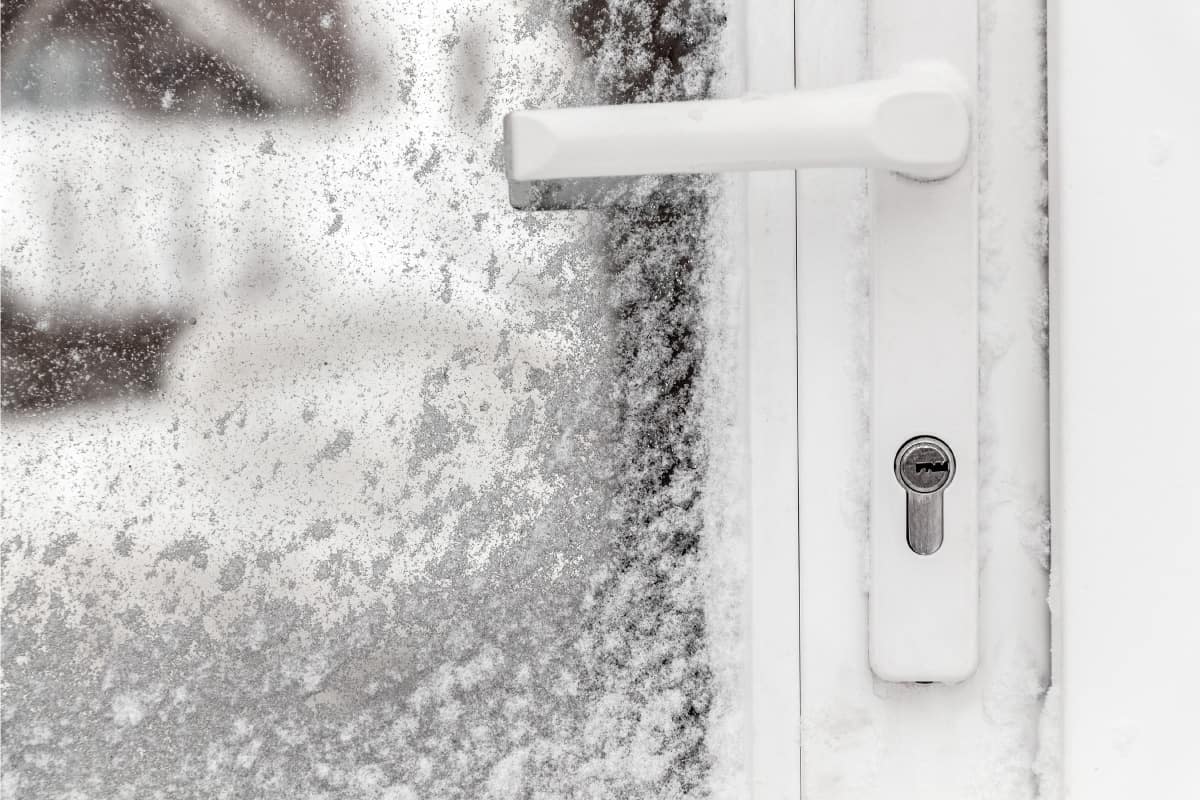

Security & Surveillance
How To Unfreeze Door Lock On House
Published: December 26, 2023
Learn how to unfreeze a door lock on your house to ensure your security and surveillance. Follow these simple steps to regain access in no time.
(Many of the links in this article redirect to a specific reviewed product. Your purchase of these products through affiliate links helps to generate commission for Storables.com, at no extra cost. Learn more)
**
Introduction
**
Imagine coming home on a chilly winter evening, eager to step into the warmth of your cozy abode, only to find that your door lock is frozen shut. It's a frustrating and all-too-common scenario that many homeowners have encountered. Dealing with a frozen door lock can be a daunting task, especially when you're faced with the prospect of being locked out of your own home. However, fear not, as there are several effective methods for unfreezing a door lock and preventing future occurrences.
In this comprehensive guide, we will delve into the causes of frozen door locks, explore various techniques for unfreezing them, and discover proactive measures to safeguard against this inconvenience. By understanding the underlying reasons for frozen locks and implementing preventive strategies, you can ensure that you're never left out in the cold. So, let's embark on a journey to unravel the mysteries of frozen door locks and equip ourselves with the knowledge to tackle this common household dilemma.
**
Key Takeaways:
- Frozen door locks can be unfrozen using simple methods like heating the key, using a blow dryer, or de-icer spray. Prevent future freezing by regular lubrication and weather stripping.
- Understanding the causes of frozen locks, like moisture accumulation and low temperatures, can help prevent the inconvenience. Proactive measures, such as using a lock cover and strategic key placement, can safeguard against future freezing.
Read more: Who Makes Design House Door Locks
Understanding the Causes of a Frozen Door Lock
Before delving into the solutions, it’s essential to grasp the root causes of a frozen door lock. Understanding why locks freeze can help in taking proactive measures to prevent such occurrences. Here are some common reasons behind frozen door locks:
- Moisture Accumulation: When moisture seeps into the lock mechanism, it can freeze in cold temperatures, causing the lock to become immovable. This moisture can originate from various sources, such as rain, snow, or even condensation.
- Low Temperatures: Sub-zero temperatures can cause any residual moisture within the lock to freeze, leading to a solid blockage that prevents the key from turning.
- Lack of Lubrication: Inadequate lubrication can make the lock more prone to freezing. When the internal components lack proper lubrication, they are more susceptible to the effects of moisture and cold temperatures.
- Old or Worn-Out Locks: As locks age, their internal mechanisms may deteriorate, making them more susceptible to freezing. Worn-out components can hinder the smooth operation of the lock, especially in freezing conditions.
By recognizing these potential causes, homeowners can take preemptive steps to minimize the risk of encountering a frozen door lock. Whether through regular maintenance, protective measures, or strategic placement, understanding the factors contributing to frozen locks is the first step in preventing this inconvenience.
**
Methods for Unfreezing a Door Lock
**
When faced with a frozen door lock, it’s crucial to have a repertoire of effective methods for unfreezing it. Here are several practical techniques to remedy a frozen lock:
- Heat the Key: One of the simplest methods involves heating the key before inserting it into the lock. This can be done by using a lighter or matches to gently warm the key. Once heated, insert the key into the lock and slowly turn it to unfreeze the mechanism.
- Use a Lighter: If a heated key is not available, a lighter or match can be used to warm the key directly. Carefully heat the key, ensuring it does not become too hot to handle, and then insert it into the lock to thaw the ice within.
- Blow Dryer: Employing a blow dryer on a low or medium setting can effectively melt the ice within the lock. Hold the blow dryer a few inches away from the lock and direct the warm air into the keyhole until the ice dissipates.
- De-Icer Spray: Specialized de-icer sprays are designed to melt ice and can be a convenient solution for frozen locks. Apply the de-icer directly into the keyhole and wait for it to dissolve the ice, allowing the key to turn smoothly.
- Rubbing Alcohol: Rubbing alcohol has a low freezing point and can be used to dissolve ice within the lock. Apply a small amount of alcohol onto the key and insert it into the lock, allowing the alcohol to permeate and unfreeze the mechanism.
- Warm Water Soak: Gently pouring lukewarm water over the lock can help thaw the ice. It’s important to avoid using hot water, as this can exacerbate the freezing. Once the ice has melted, quickly dry the lock to prevent refreezing.
Each of these methods offers a viable solution for unfreezing a door lock, providing homeowners with options to address this common inconvenience. It’s important to exercise caution and patience when applying these techniques to avoid damaging the lock or causing further complications.
**
Try using a hairdryer or hot water to gently warm the frozen lock. Avoid using excessive force or sharp objects to prevent damage.
Preventing Future Freezing of Door Locks
While knowing how to unfreeze a door lock is valuable, taking proactive measures to prevent future occurrences is equally important. Here are several strategies to safeguard against the freezing of door locks:
- Lubrication: Regularly lubricating the lock mechanism with a graphite-based or silicone spray lubricant can help prevent moisture from adhering to the internal components, reducing the likelihood of freezing.
- Weather Stripping: Ensuring that the door’s weather stripping is intact and effectively seals the door can minimize the infiltration of moisture, thereby reducing the risk of lock freezing.
- Use of Coverings: Utilizing a lock cover or cap during periods of inclement weather can shield the keyhole from direct exposure to precipitation, preventing moisture from accumulating within the lock.
- Anti-Freeze Key Pouch: Investing in an anti-freeze key pouch, which contains a moisture-absorbing agent, can help protect the key and lock from moisture, reducing the likelihood of freezing.
- Regular Maintenance: Conducting routine maintenance on the door lock, including cleaning and lubrication, can prolong its functionality and resilience against freezing.
- Strategic Key Placement: When feasible, consider using a secondary entrance during extreme weather to minimize the use and exposure of the primary lock to moisture and cold temperatures.
By implementing these preventive measures, homeowners can mitigate the risk of encountering a frozen door lock, providing peace of mind and ensuring smooth access to their homes even in the harshest weather conditions.
**
Conclusion
Encountering a frozen door lock can be a vexing experience, but armed with the knowledge of its causes and effective remedies, homeowners can navigate this common inconvenience with confidence. By understanding the factors contributing to frozen locks and implementing preventive measures, the likelihood of facing this issue can be significantly reduced. Moreover, having a repertoire of practical methods to unfreeze a door lock equips individuals with the means to swiftly address the situation when it arises.
Whether it’s heating the key, using de-icer sprays, or implementing preventive strategies such as lubrication and weather stripping, there are numerous avenues to explore when it comes to dealing with frozen door locks. By incorporating these techniques and preventive measures into their home maintenance routines, homeowners can ensure that their door locks remain functional and accessible, even in the most frigid conditions.
As we bid farewell to the mysteries of frozen door locks, let’s embrace the proactive approach of safeguarding our entryways against the chill of winter. By staying one step ahead and arming ourselves with the tools and knowledge to combat frozen locks, we can ensure that the warmth and security of our homes are always within reach, regardless of the weather outside.
Frequently Asked Questions about How To Unfreeze Door Lock On House
Was this page helpful?
At Storables.com, we guarantee accurate and reliable information. Our content, validated by Expert Board Contributors, is crafted following stringent Editorial Policies. We're committed to providing you with well-researched, expert-backed insights for all your informational needs.
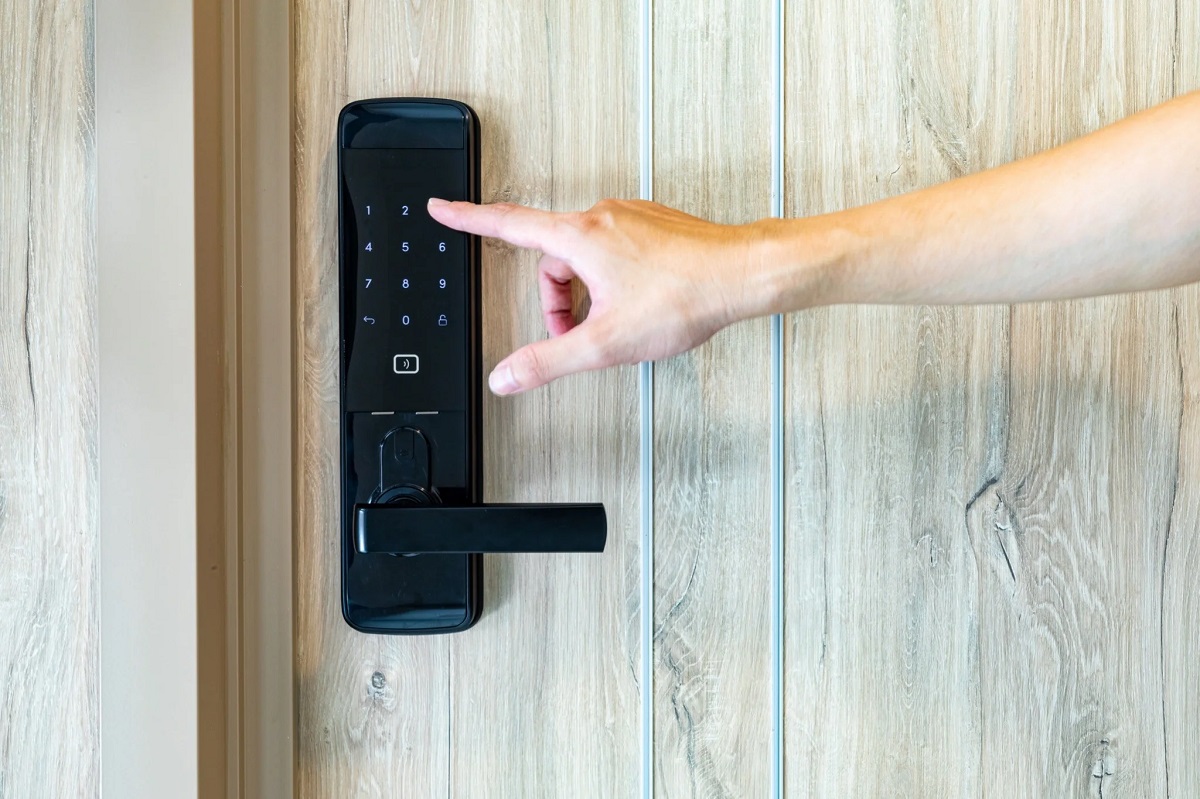
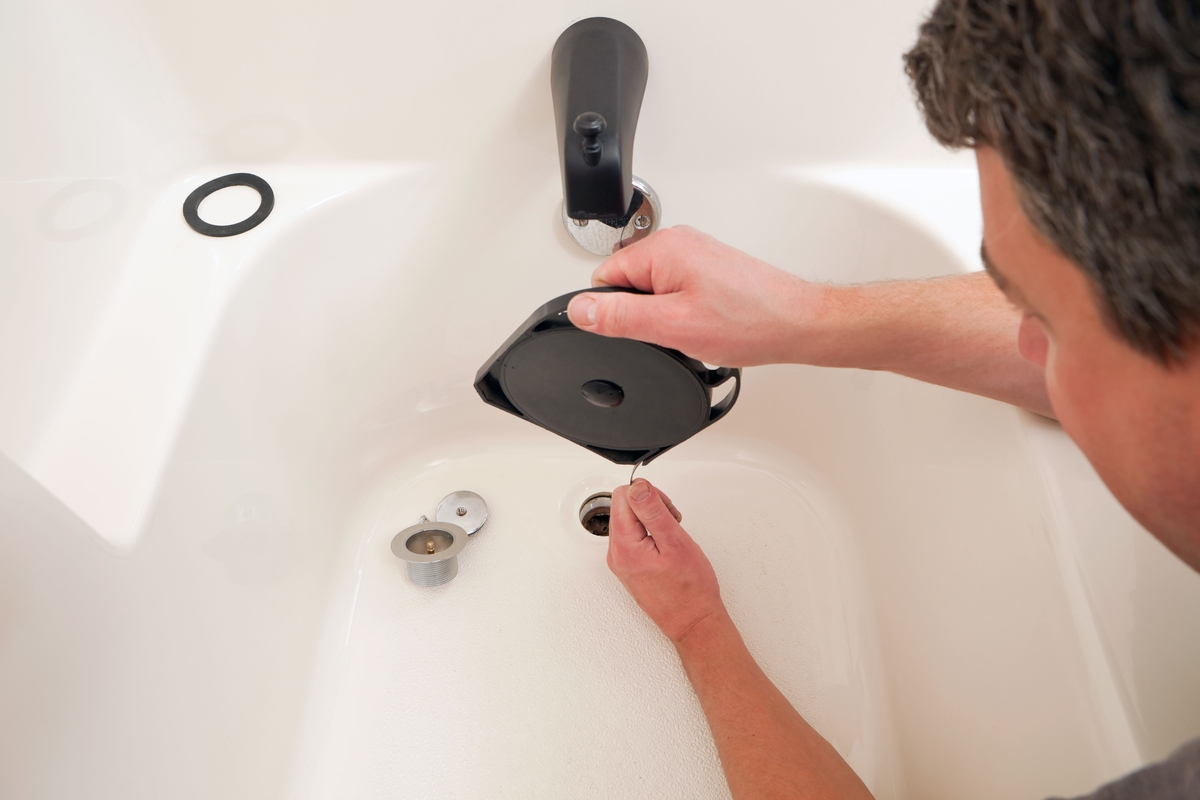
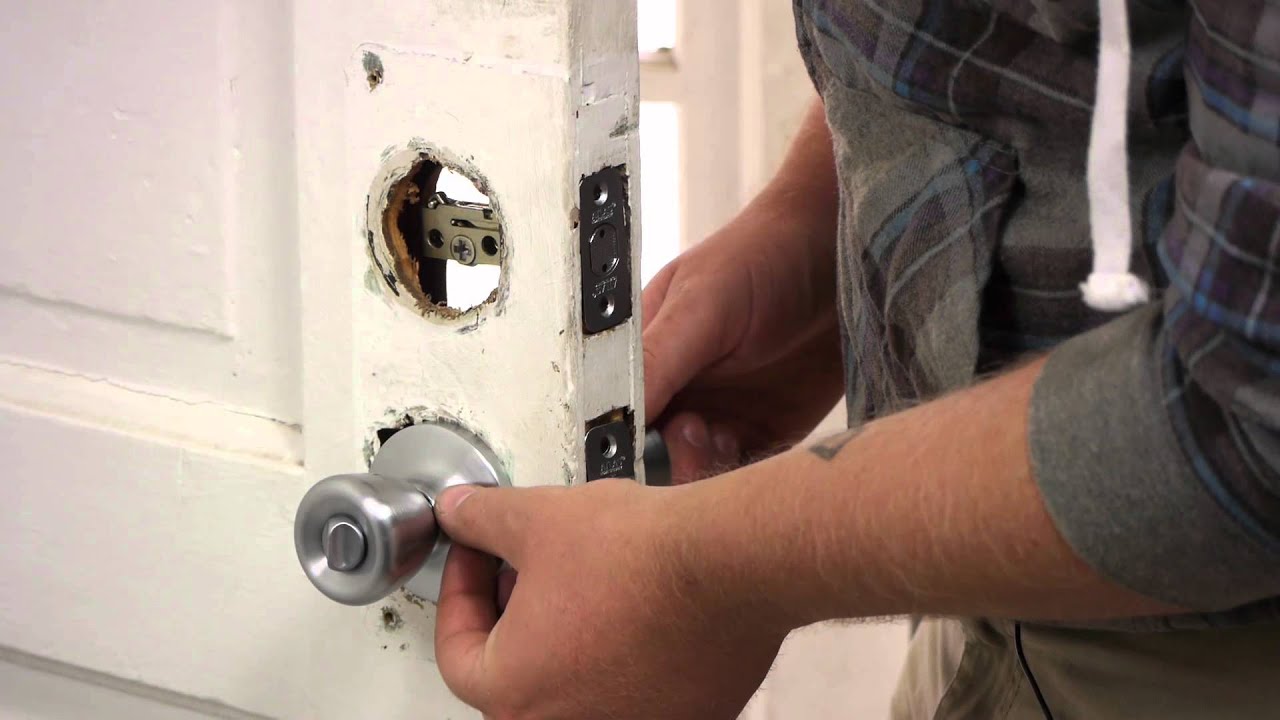
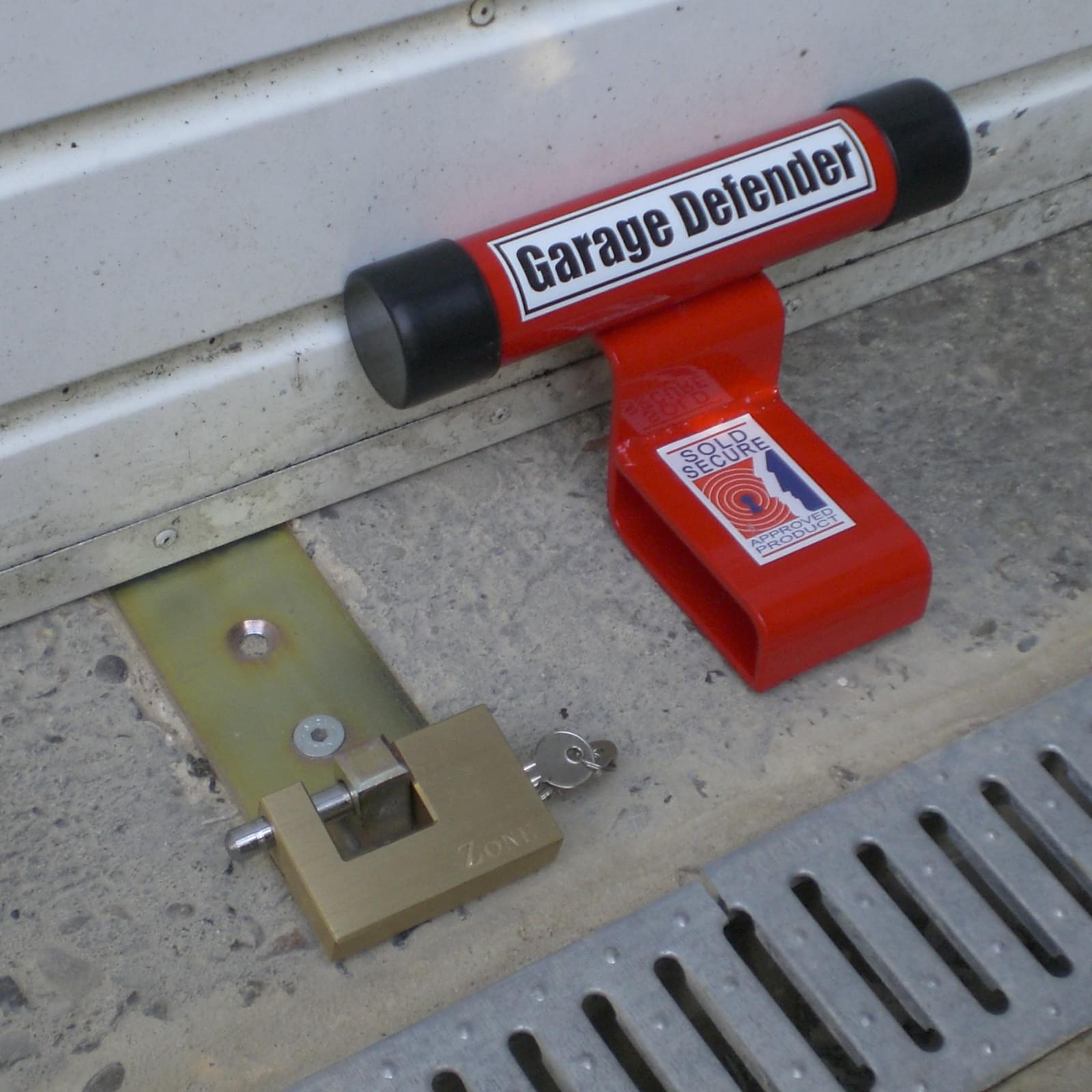
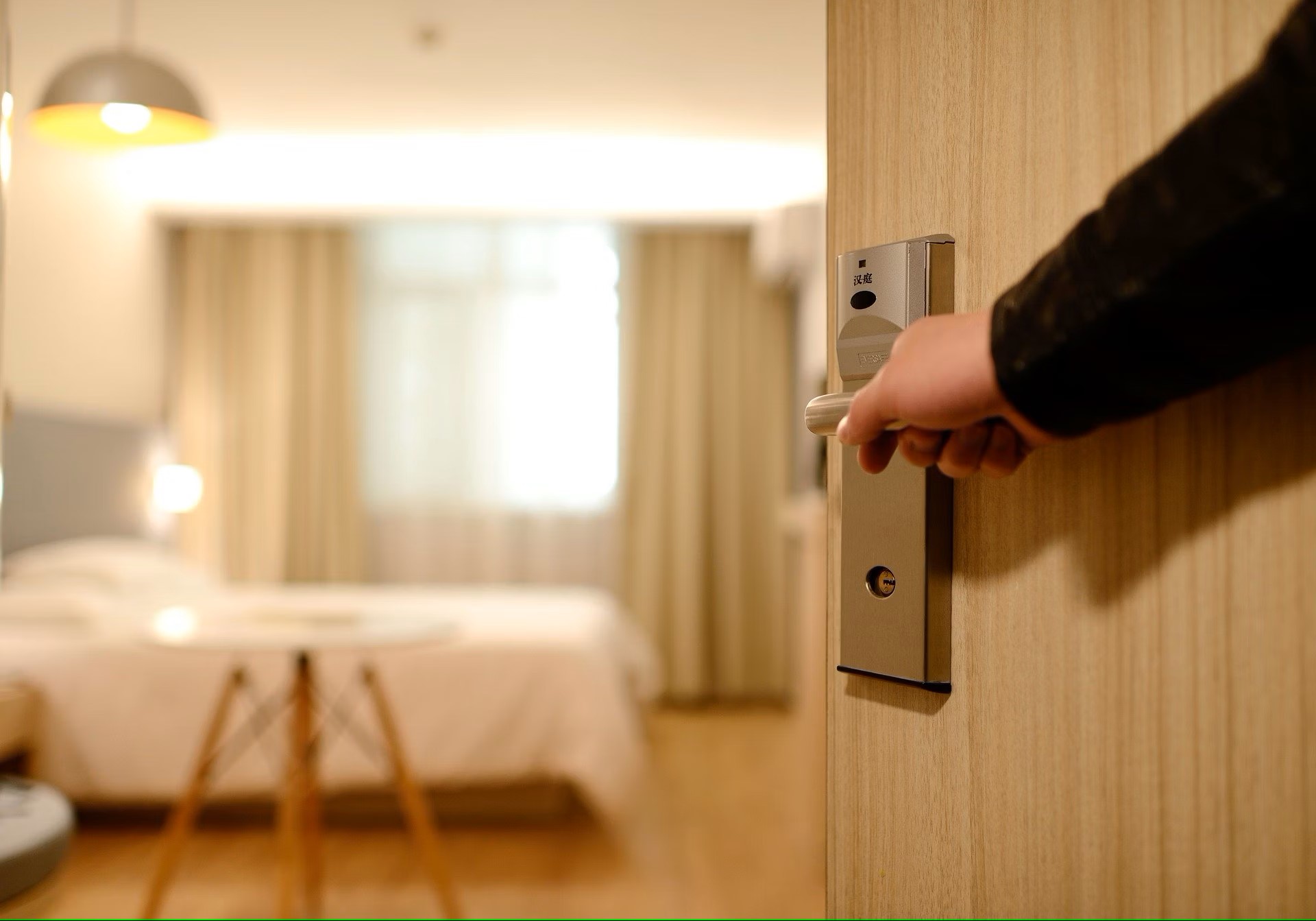
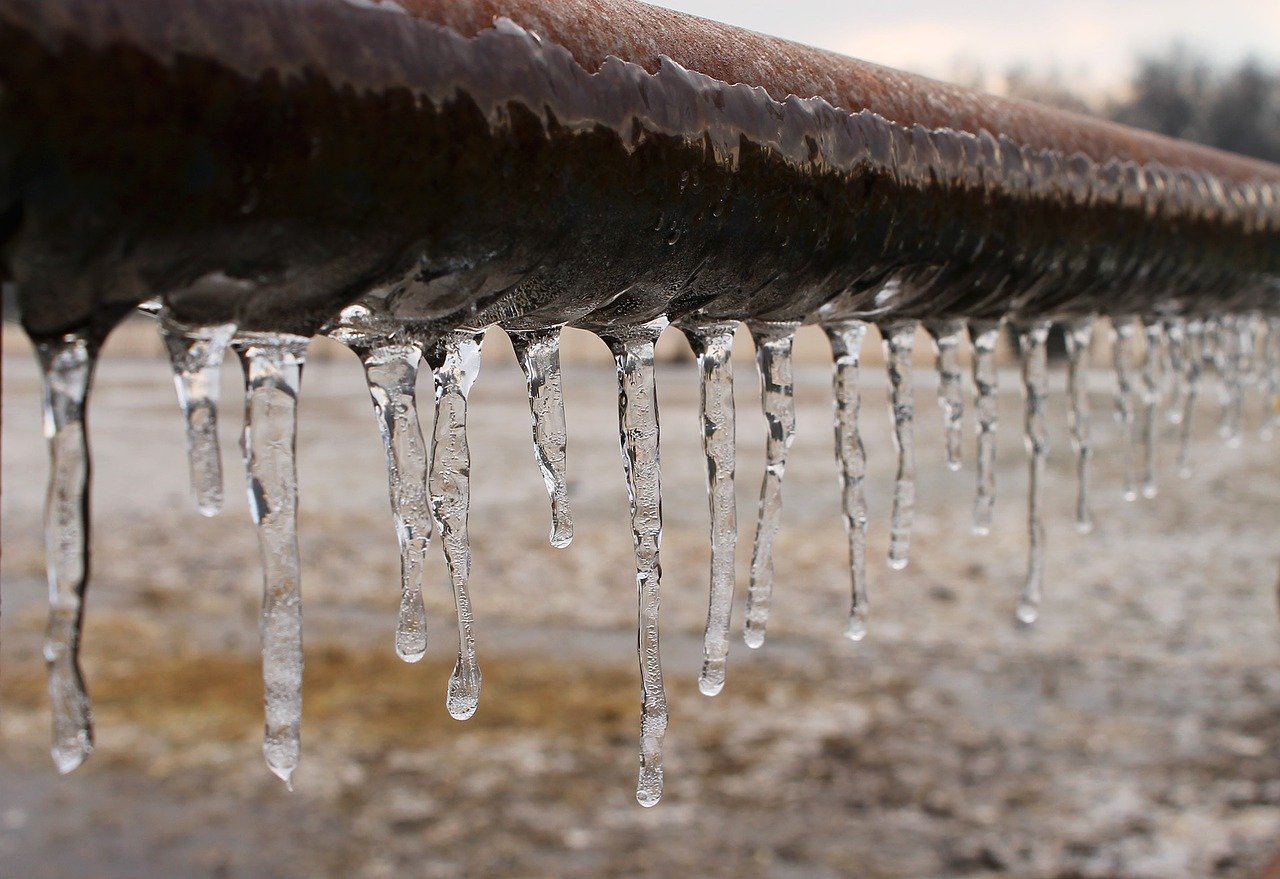
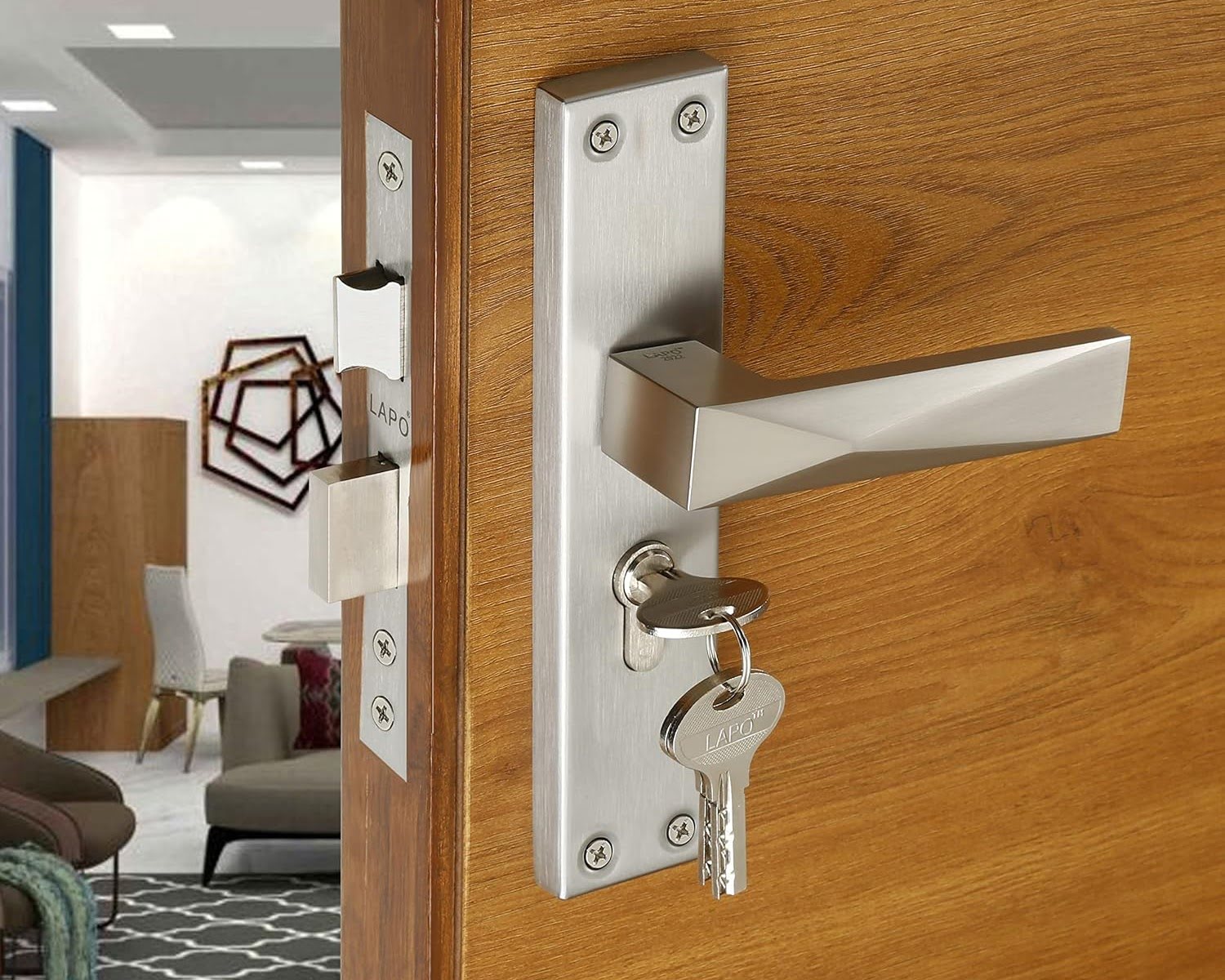
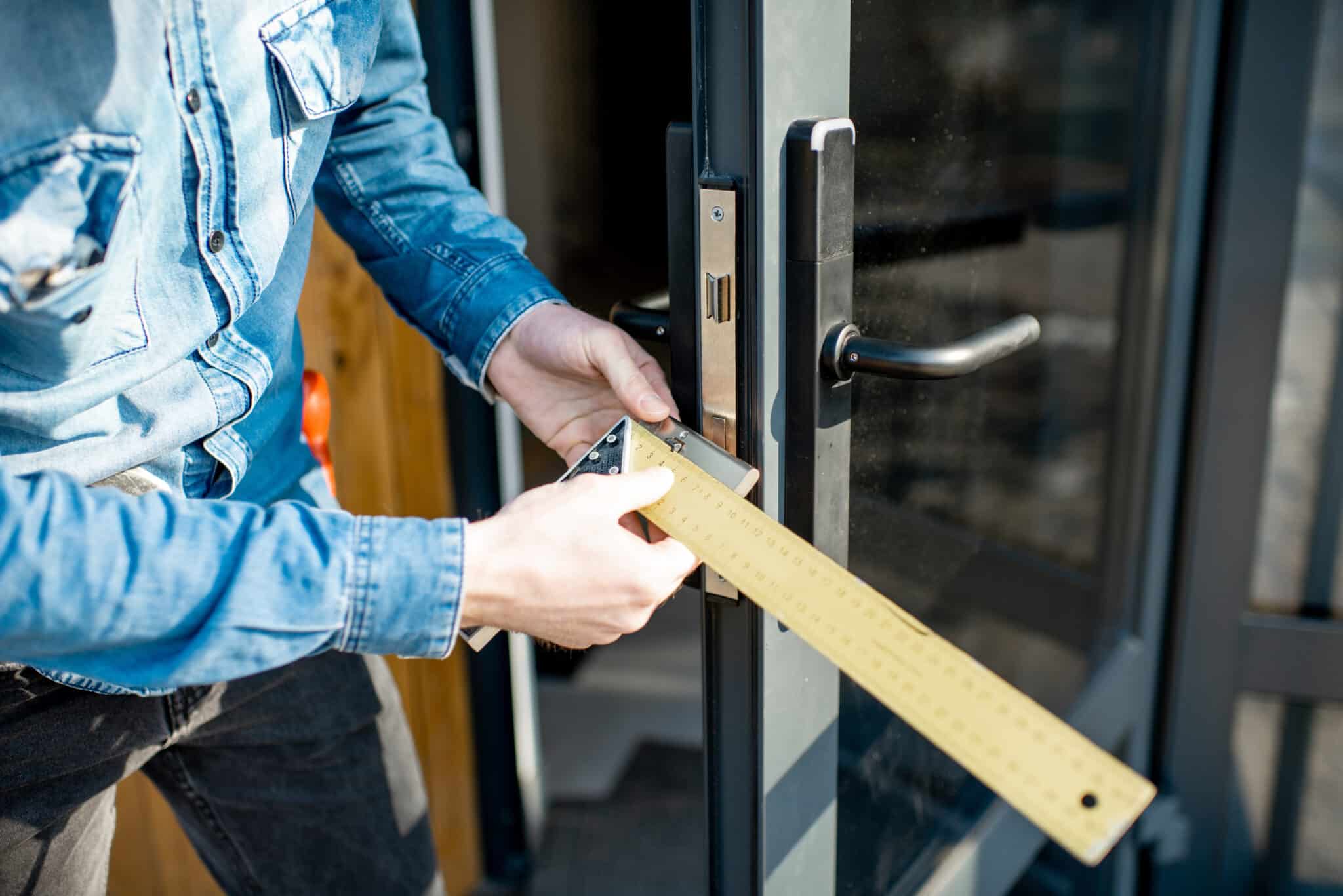
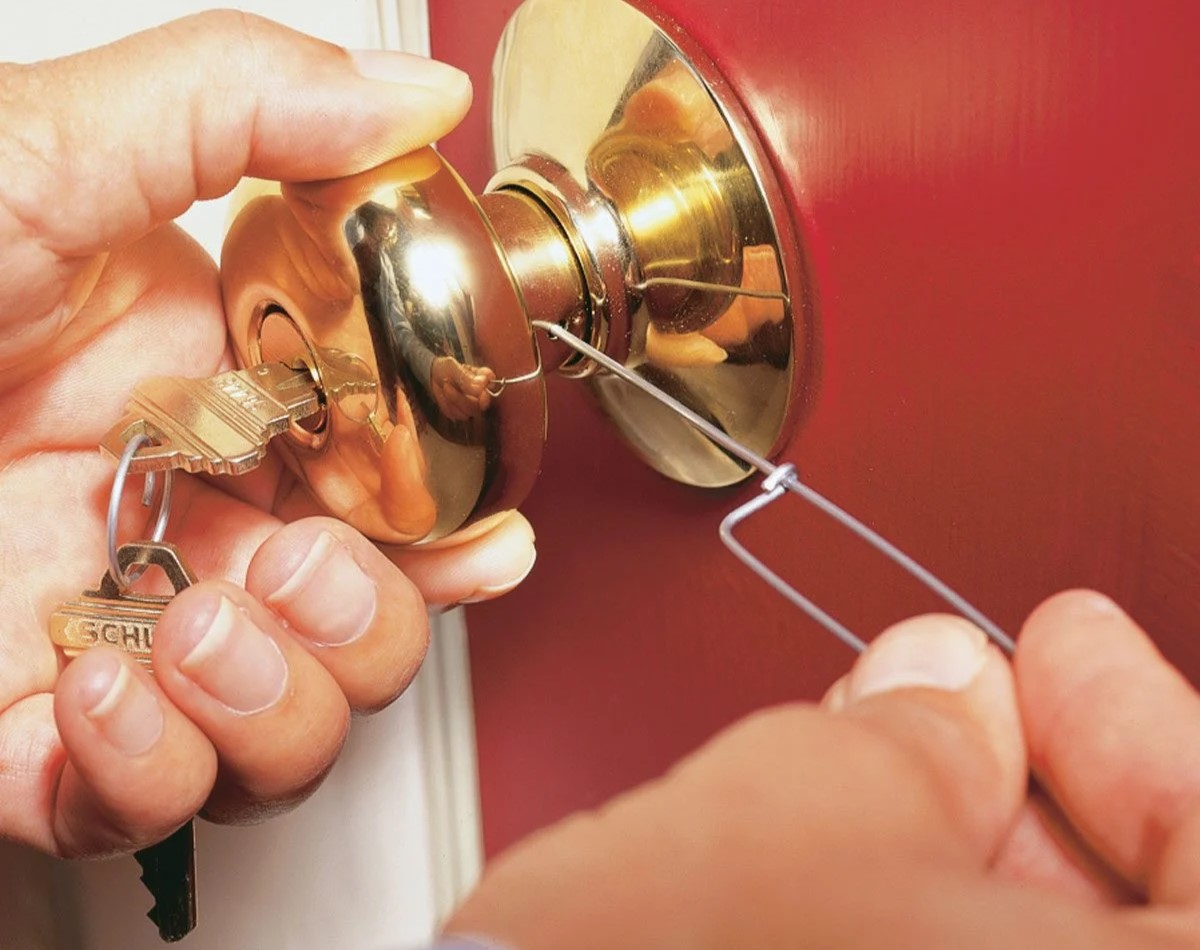
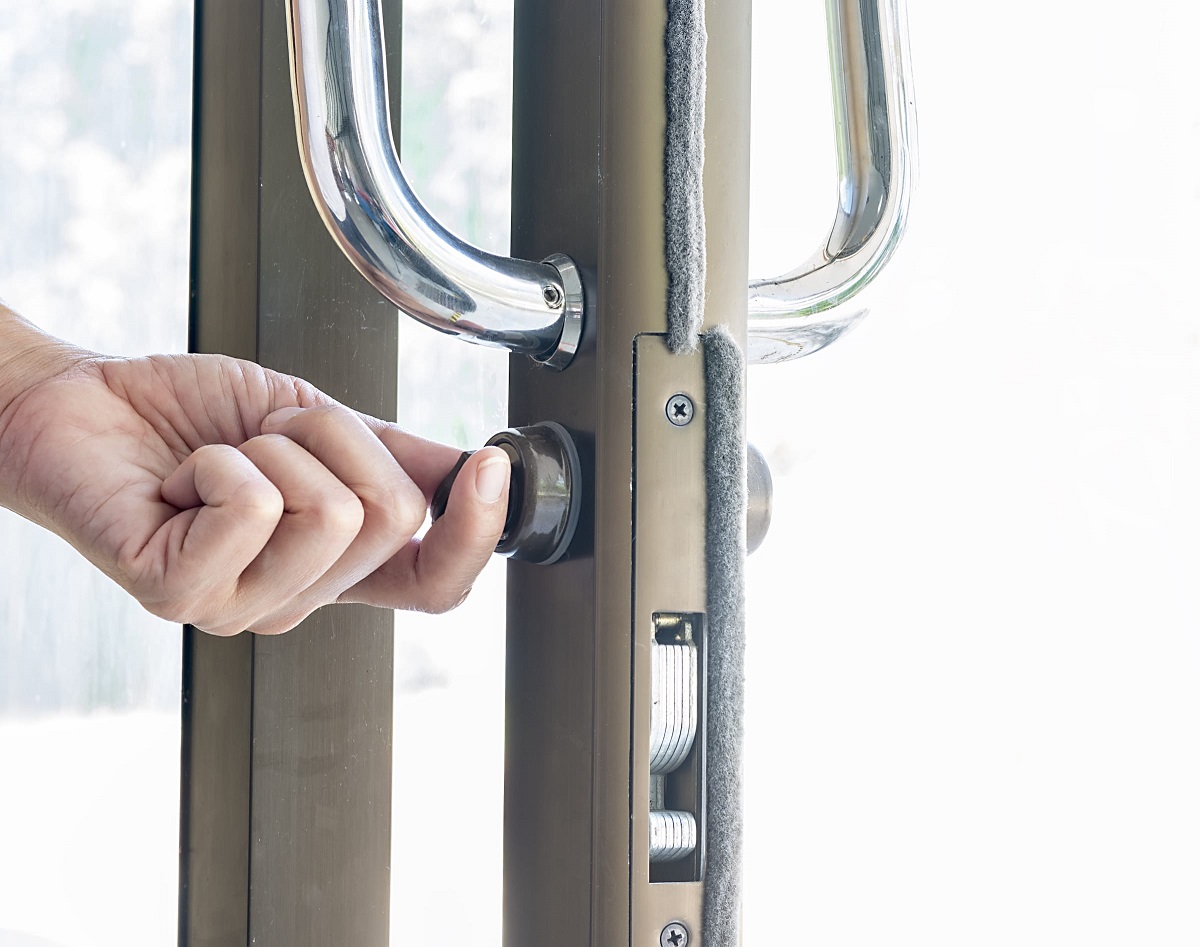
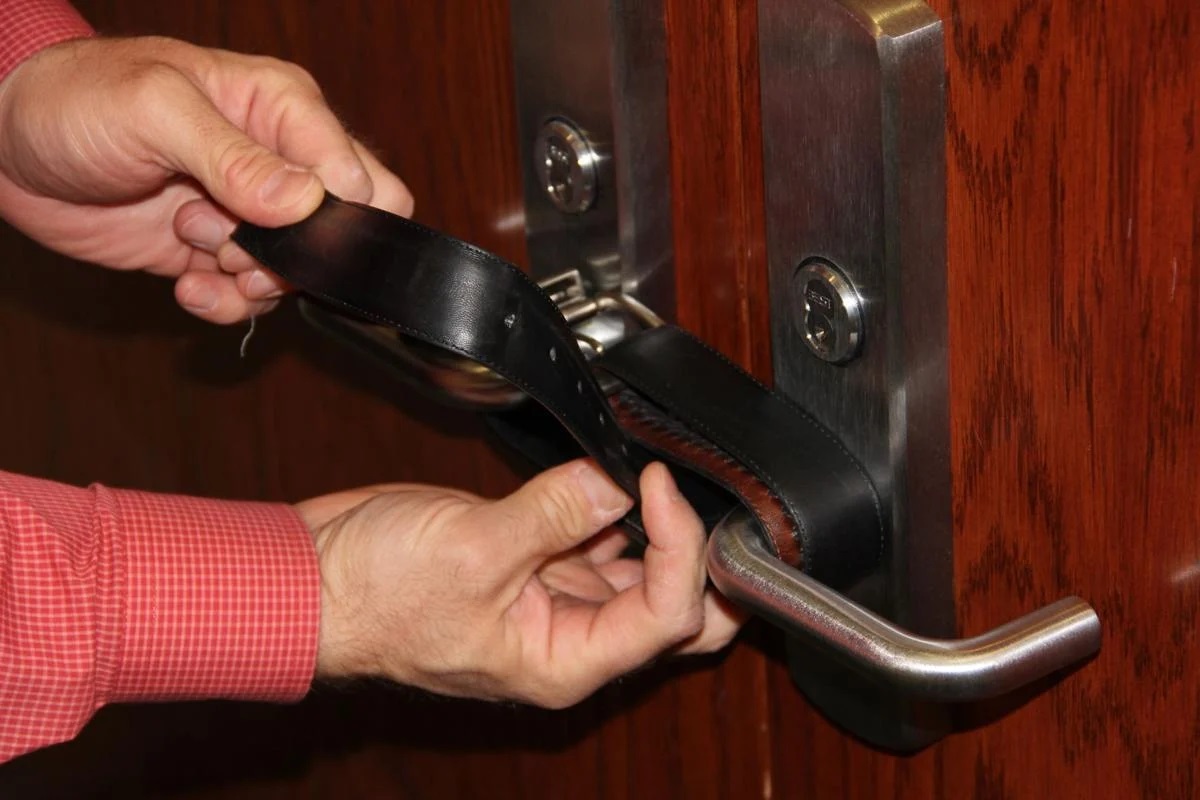
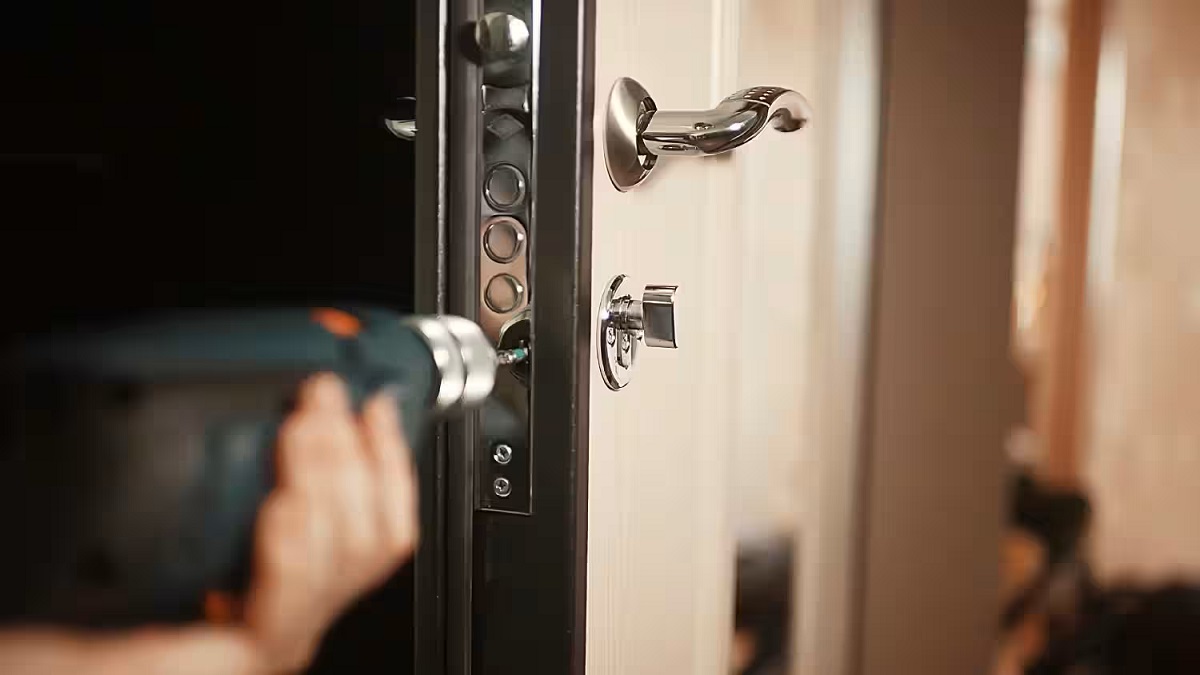
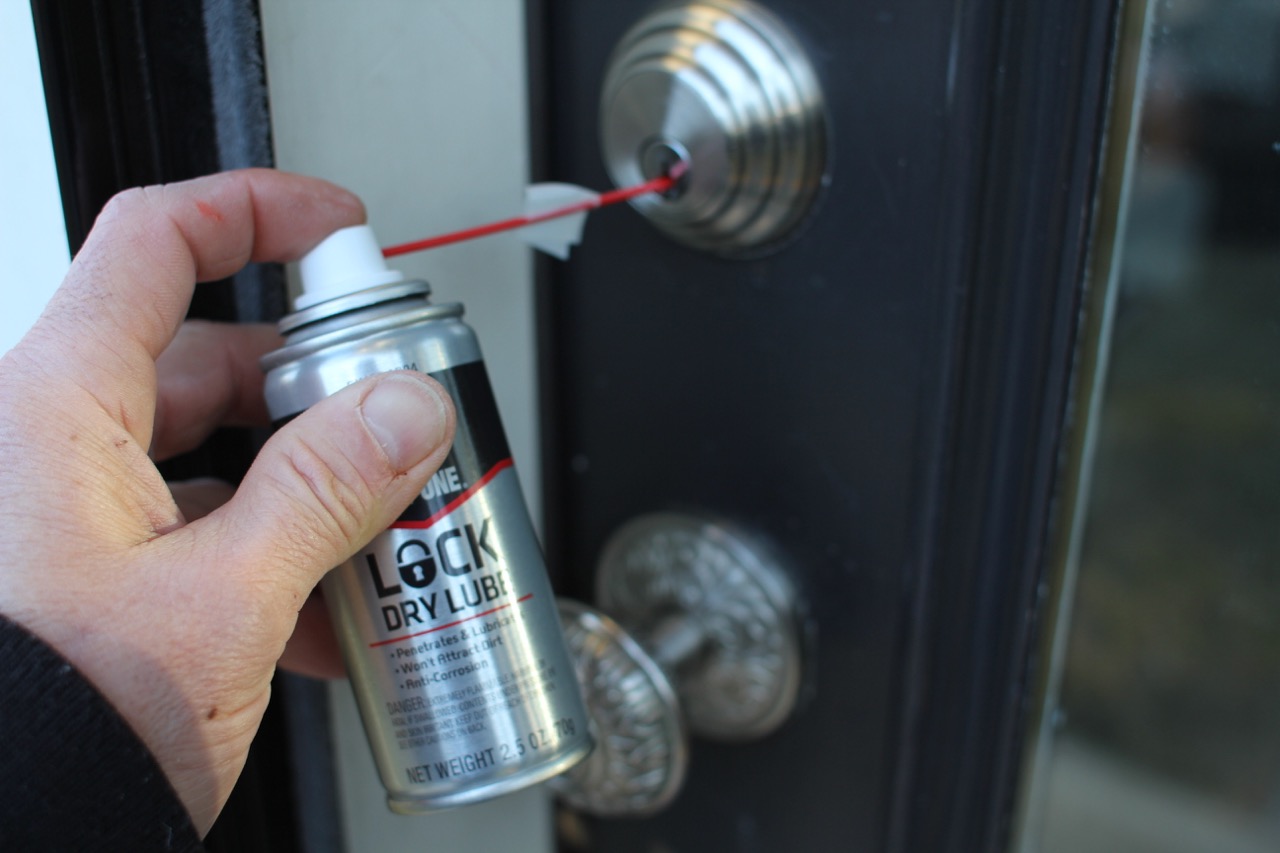
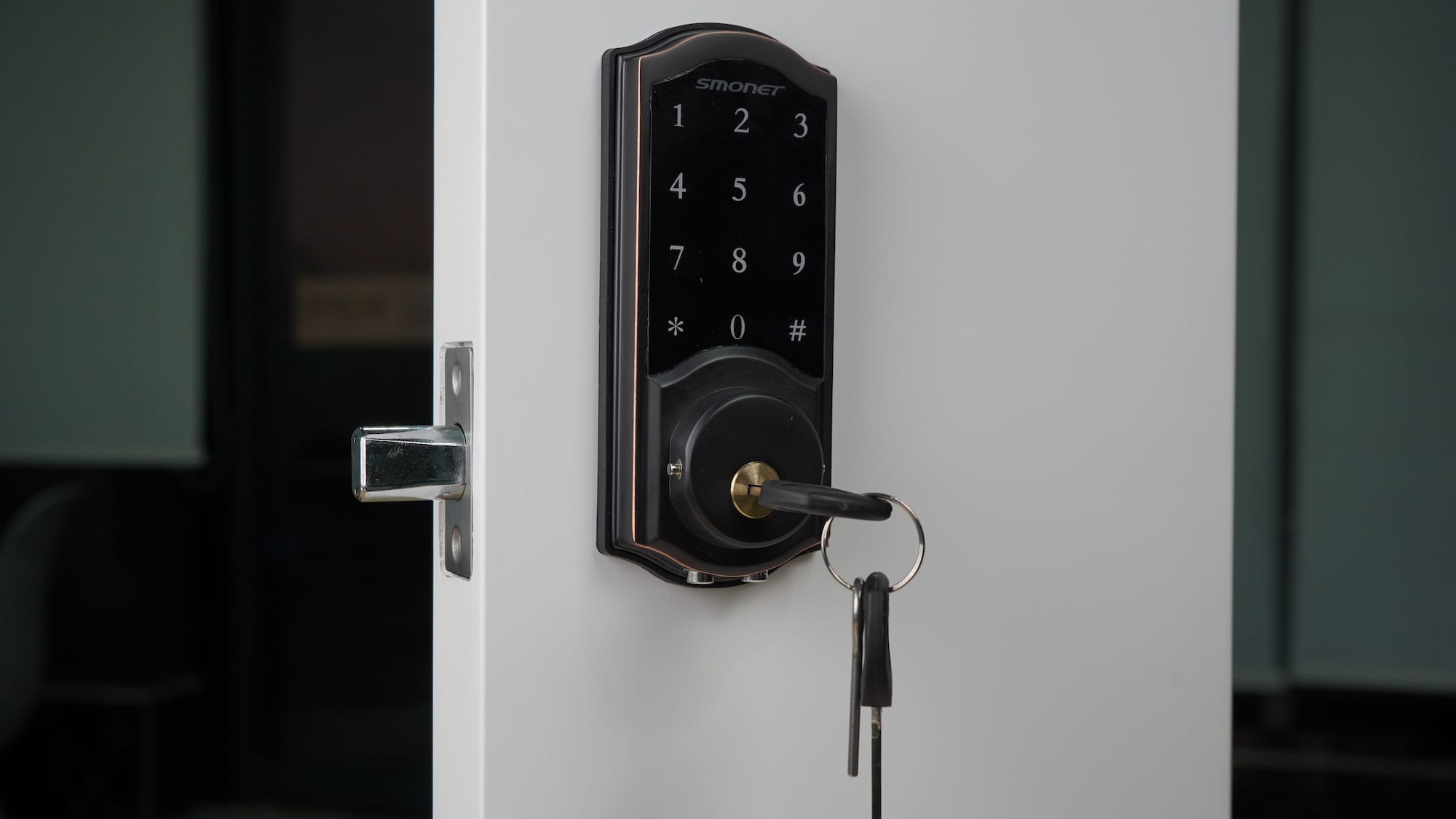
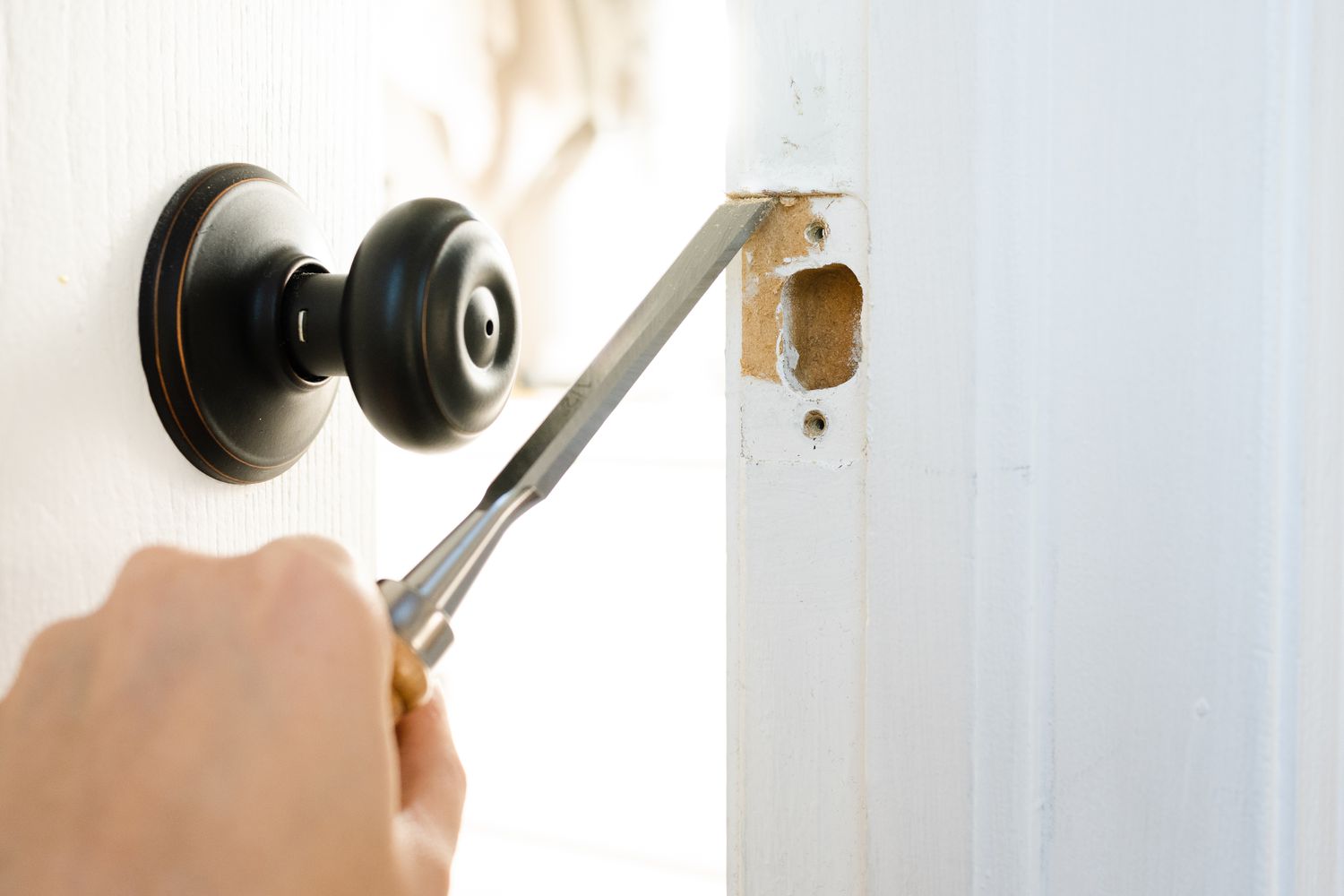

0 thoughts on “How To Unfreeze Door Lock On House”